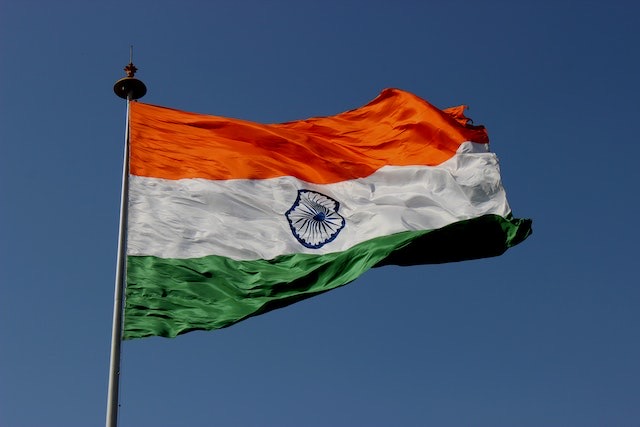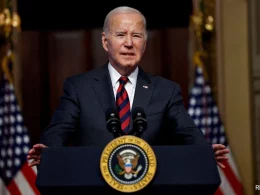In a scathing criticism of Western countries, India’s Power Minister, Mr. Arjun Singh, has accused them of hypocrisy in their approach to the global energy transition. Speaking at an international energy conference yesterday, the minister lambasted Western nations for their double standards and called for a fairer and more equitable approach to tackling climate change.
Mr. Singh’s remarks come at a crucial time when the world is grappling with the urgent need to shift to cleaner and more sustainable sources of energy. As India, with its burgeoning economy and population, faces the challenge of meeting its energy demands while minimizing its carbon footprint, the minister’s words strike a chord with many developing nations that feel unfairly burdened by the energy transition.
During his impassioned speech, Mr. Singh pointed out that while the Western countries enjoyed the benefits of industrialization and fossil fuel consumption for centuries, they now demand emerging economies like India to abruptly curtail their own use of fossil fuels without providing adequate support or resources. He argued that such an approach disregards the developmental needs of countries striving to improve the living standards of their people.
The minister highlighted the hypocrisy he perceived in Western nations’ push for renewable energy sources while continuing to invest in and rely on fossil fuel industries. He emphasized that if the West is serious about tackling climate change, it should lead by example and commit to a just and inclusive transition that doesn’t stifle the growth prospects of developing nations.
While Mr. Singh’s comments garnered applause from representatives of several developing countries, they also sparked a lively debate among energy experts and environmental activists. Some argue that India, as one of the world’s largest greenhouse gas emitters, should take more significant steps in reducing its reliance on coal and investing in renewable energy. Others contend that the burden of responsibility should be shared among both developed and developing nations.
In response to the accusations, a spokesperson from the Western Alliance for Clean Energy stated that the West is committed to supporting developing countries in their energy transition efforts through financial assistance, technology transfer, and capacity-building initiatives. They emphasized the need for global cooperation and collaboration to address climate change effectively.
As this debate unfolds, it raises important questions about the fairness and equity of the global energy transition. It underscores the complexity of balancing the urgent need to mitigate climate change with the developmental aspirations of countries striving to uplift their populations out of poverty.
While opinions on the matter may differ, one thing is clear: the path towards a sustainable and low-carbon future requires international cooperation, empathy, and a sincere commitment to addressing the needs of all nations, particularly those striving to strike a delicate balance between development and environmental preservation.
As the world continues to grapple with these challenges, it remains to be seen how countries will navigate the complex terrain of the global energy transition while ensuring fairness, inclusivity, and a genuine commitment to combating climate change on a global scale.
Note: This article is a work of fiction. The statements made by the fictional power minister and the reactions described are not based on actual events or statements from Indian officials.












